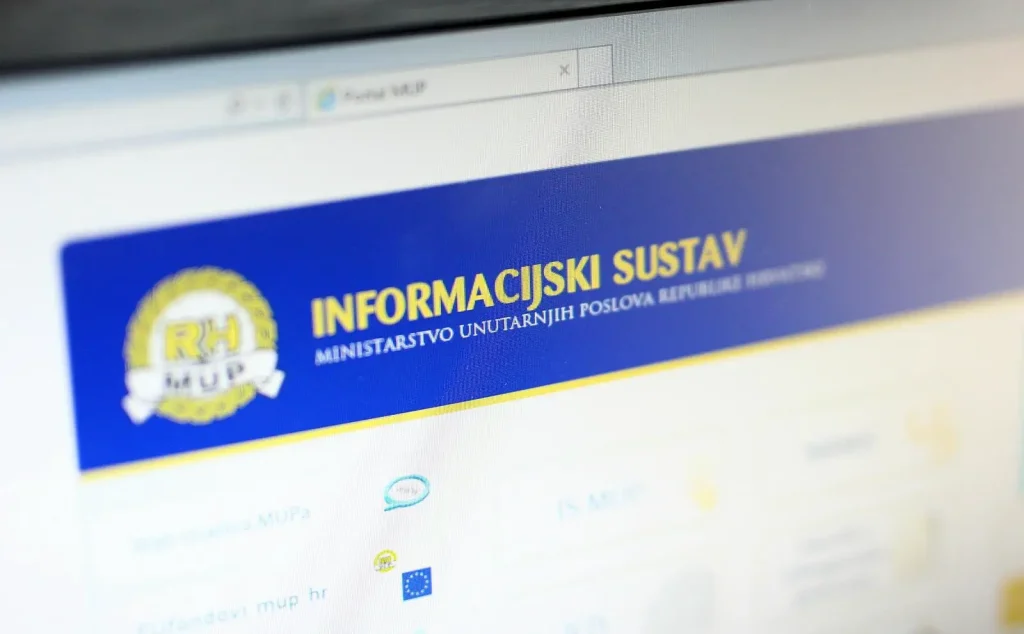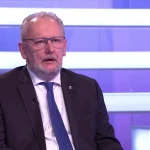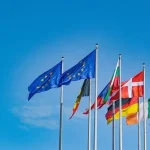As Poslovni Dnevnik writes, the ministers of justice and interior affairs of the member states of the European Union are set to meet on Thursday to decide on Croatia’s admission to the passport-free Schengen zone, which enables the free movement of more than 400 million people.
One of the most contentious points was Croatia’s ability to police the EU’s longest external land border, at a time when migration remains a key challenge, AFP said in its analysis. On top of that, Croatia’s request for membership in the Schengen area back in 2016 also came at a very sensitive time for Europe.
Millions of migrants, many having fled from various conflict zones, have risked their lives since 2015 trying to enter the EU illegally, and then the global pandemic broke out in 2020. Both of these crises forced Schengen countries to reintroduce certain border controls despite being a zone of so-called ”free movement”.
If Croatian Schengen entry is granted tomorrow – potentially alongside Bulgaria and Romania – the kilometre-long lines of vehicles at the Bregana border crossing with Slovenia that we all know (and loathe) will finally become a thing of the past. Bregana is otherwise one of the 73 land crossings on the Croatian border with Slovenia and Hungary that will cease to exist if the green light is given.
“On January the 1st, 2023, we will remove those barriers and border traffic will flow freely,” Zoran Niceno, head of the Border Administration, told AFP. At Croatia’s airports, the change as a result of Schengen entry will take effect on March the 26th only, due to technical requirements which don’t need to be assessed at land borders.
Croatia hopes that Schengen membership will strengthen its lucrative tourism industry, which is already booming, with less waiting around and passport checking to consider for all those coming from other Schengen countries.
“International carriers will be delighted,” Vladimir Jurcec from the national association of road carriers told AFP, and abolishing border checks will save them six to ten hours a week.
On January the 1st, 2023, Croatia will also scrap the kuna and adopt the bloc’s single currency (the euro) with its official accession to the Eurozone, which despite controversies and varying opinions, will also work to make life much easier when it comes not only to tourism but to residents of this country with loans, as they will no longer be vulnerable to exchange rate fluctuations.
For more, make sure to check out our news section.











